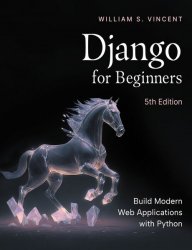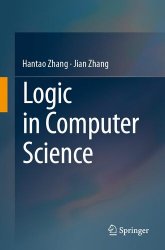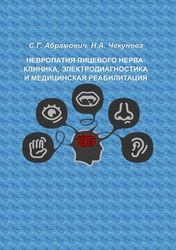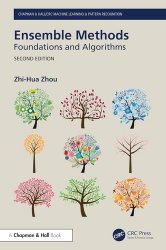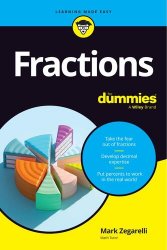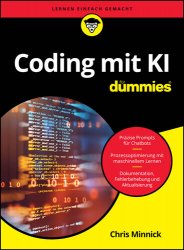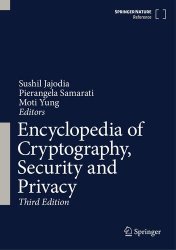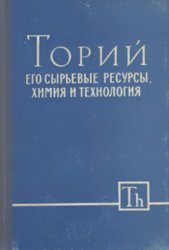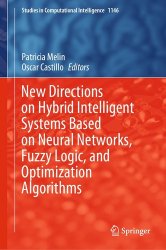 Название: New Directions on Hybrid Intelligent Systems Based on Neural Networks, Fuzzy Logic, and Optimization Algorithms
Название: New Directions on Hybrid Intelligent Systems Based on Neural Networks, Fuzzy Logic, and Optimization AlgorithmsАвтор: Patricia Melin, Oscar Castillo
Издательство: Springer
Серия: Studies in Computational Intelligence
Год: 2024
Страниц: 204
Язык: английский
Формат: pdf (true), epub
Размер: 35.6 MB
We describe in this book new directions on the theoretical developments of fuzzy logic, neural networks, and meta-heuristic algorithms, as well as their hybrid combinations, and their application in areas such as intelligent control and robotics, pattern recognition, medical diagnosis, time series prediction, and optimization of complex problems. There are papers with the main topics from type-1 to type-3 fuzzy logic, which basically consists of a group of papers that propose new concepts and algorithms based on type-1, type-2, and type-3 fuzzy logic and their applications. There are also papers that present the theory and practice of meta-heuristics in diverse application areas. There are interesting papers on different applications of fuzzy logic, neural networks, and hybrid intelligent systems in medical problems. In addition, we can find papers describing applications of fuzzy logic, neural networks, and meta-heuristics in robotics problems. Another set of papers presents the theory and practice of neural networks in diverse application areas, including convolutional and deep learning neural networks. There are also a group of papers that present the theory and practice of optimization and evolutionary algorithms in different areas of application. Finally, we can find a group of papers describing the applications of fuzzy logic, neural networks, and meta-heuristics in pattern recognition problems.
During the last decades, many statistical models have been used to predict time series, being Artificial Neural Networks (ANNs) one of the most robust and efficient methods due to its non-linear prediction advantages, which with their technological advances have contributed to solve complex problems, and this is due to the ability of ANNs to learn non-linear relationships. Supervised ANNs are frequently used due to their effectiveness in performing time series prediction tasks, since they can produce desired results in response to sample inputs. Unlike unsupervised ANNs that only need to have input data, making it possible clustering time series even when the outputs associated with them are unknown. Therefore, a novel ANN method for predicting the time series of population and gross national income (GNI), in which both supervised and unsupervised neural networks are incorporated, is presented. Thus, with our proposal the main contribution is a method that contemplates, in the first instance, time series prediction using supervised neural networks (monolithic and modular) and an unsupervised neural network responsible for generating data clusters that represent the input of a supervised modular network. Subsequently, the results of the neural networks are integrated to improve the quality of the obtained prediction.
In conclusion, the edited book comprises contributions on diverse aspects of fuzzy logic, neural networks, and optimization of meta-heuristic algorithms for designing optimal hybrid intelligent systems and their application in areas such as intelligent control and robotics, pattern recognition, decision-making, time series prediction, and optimization of complex problems. We are hopeful that the book will serve as a guide for researchers and graduate students working in the computational intelligence area.
Contents:
Скачать New Directions on Hybrid Intelligent Systems Based on Neural Networks, Fuzzy Logic, and Optimization Algorithms
[related-news] [/related-news]
Комментарии 0
Комментариев пока нет. Стань первым!

